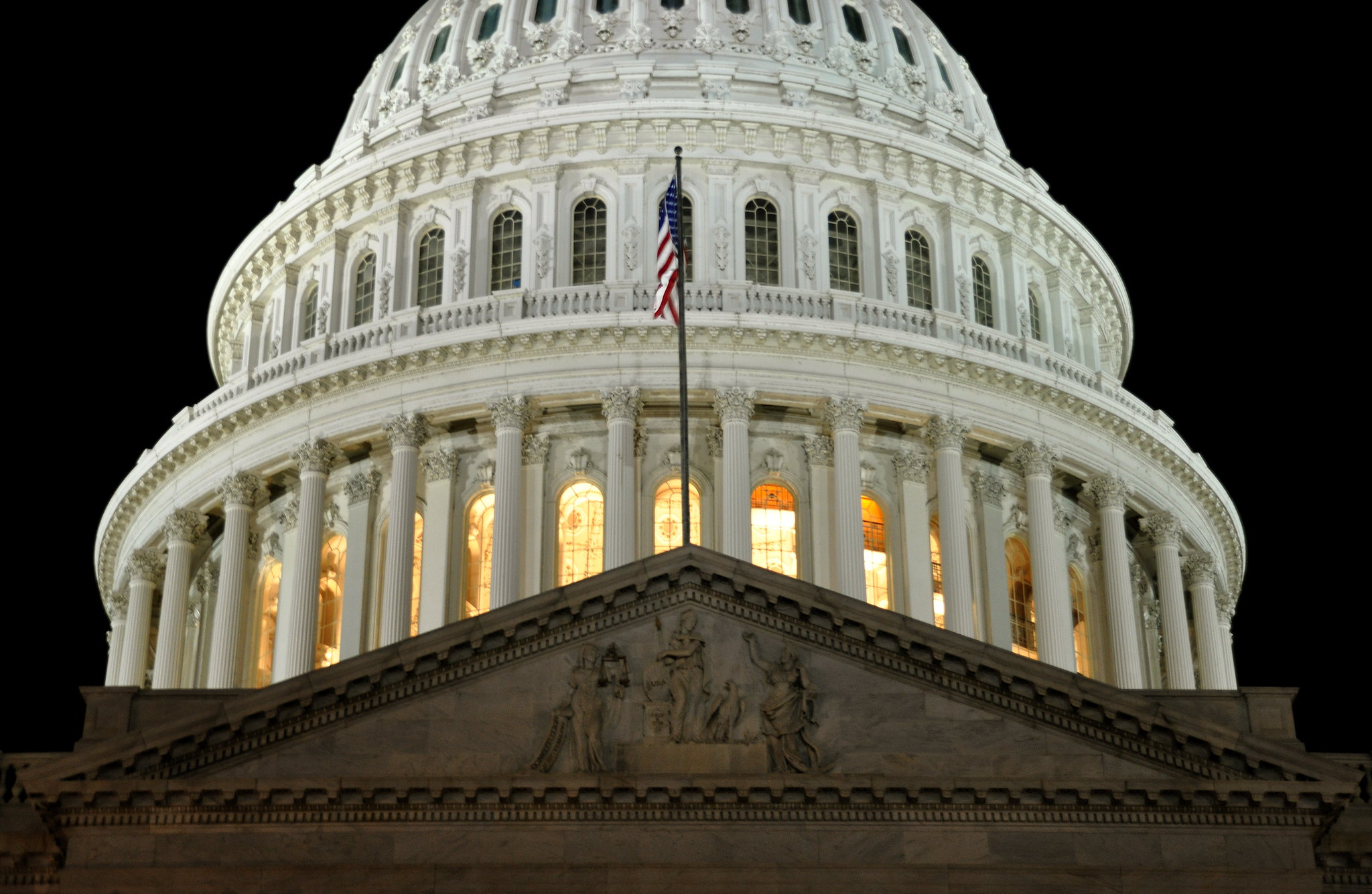An Update on the Prospects for a Contempt Prosecution of Steve Bannon
After my post went live on Oct. 18, two significant developments occurred in the prospects of a contempt prosecution of Steve Bannon.

Published by The Lawfare Institute
in Cooperation With

Yesterday, I posted an article exploring how the House Select Committee on the January 6 Attack could make it easier for the Justice Department to prosecute Stephen Bannon for contempt. I argued that the “committee could eliminate any potential claim of executive privilege by crafting specific information demands that, by definition, preclude its application.”
After that post went live, two significant developments occurred. First, the Associated Press reported that a previously undisclosed White House letter made it clear to Bannon’s attorney that President Biden had waived any potential executive privilege claim over Bannon’s deposition testimony or responsive documents in Bannon’s possession. That waiver allows the Justice Department to move forward with a contempt prosecution without concern for any claim of privilege. Even assuming executive privilege applies to Bannon, the Justice Department could proceed with prosecution because the incumbent president has the final say on whether to assert privilege. In other words, under the prevailing understanding of executive privilege, Trump cannot legitimately claim privilege over Bannon’s testimony if Biden waives the privilege claim. Had nothing else occurred, that development might have been enough to render the approach I suggested yesterday unnecesssary. But the second development demonstrates why an approach that precludes any relevance of privilege may still be advisable.
Second, former President Trump filed a lawsuit against Rep. Bernie Thompson, the chairman of the January 6 committee; the committee itself; David Ferriero, the Archivist of the United States; and the National Archives and Records Administration (NARA). The lawsuit asks the court to prevent the disclosure of any information to the committee based on Trump’s claim of executive privilege and the assertion that the committee’s investigation lacks a legitimate legislative purpose (the latter of which is an argument anticipated by Quinta Jurecic and Molly Reynolds).
So what comes next? The U.S. Attorney for the District of Columbia could delay any contempt prosecution during the pendency of Trump’s lawsuit, though he would be under no obligation to do so. The U.S. Attorney took that approach in 1982 when Anne Gorsuch, the EPA Administrator, had been referred for criminal contempt. Immediately after that referral, the Justice Department filed a civil suit defending her right to withhold the information based on President Reagan’s claim of executive privilege. In light of that pending litigation, the U.S. Attorney did not immediately move forward with the contempt prosecution. But the 1982 example differs in important ways from the current situation. Trump’s civil suit, unlike the civil suit in the Gorsuch matter, does not address the contempt charge; it addresses only the documents that NARA plans to turn over to the committee. The suit does not challenge the committee’s legislative interest in Bannon’s testimony or documents or assert that Trump’s claims of executive privilege should prevail over Biden’s with respect to Bannon’s testimony and documents. However, in the lawsuit, Trump challenges the Justice Department’s position that the current president’s views on executive privilege are dispositive. The lawsuit goes so far as to claim that the Presidential Records Act is unconstitutional to the extent it privileges the current president’s decision about privilege over assertions of executive privilege by a former president. That claim may be directly relevant to the Bannon contempt charge.
As I explained several weeks ago, the point of Trump’s lawsuit is not to prevail; the arguments in the lawsuit will almost assuredly be rejected by any court to consider them. The sole purpose of the lawsuit is to delay the production of documents and, potentially, contempt proceedings against witnesses. The proposal I outlined in my previous post yesterday is a potential way around any such delay. If the committee took the approach I outlined there, it would render Trump’s lawsuit irrelevant to Bannon’s testimony and any other witnesses the committee wishes to call. And the Justice Department could proceed to prosecution without any need to consider how the civil suit impacts that prosecution.




